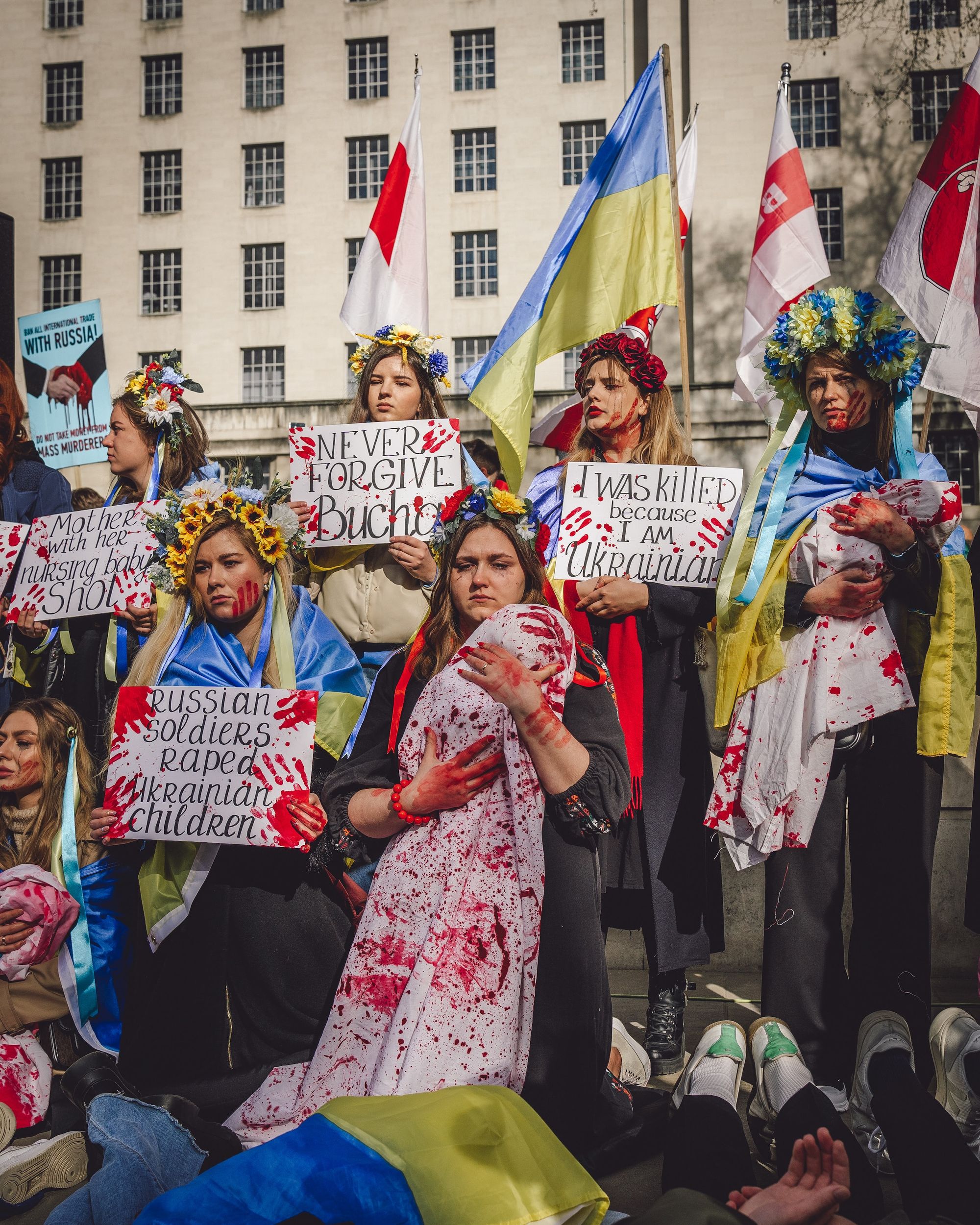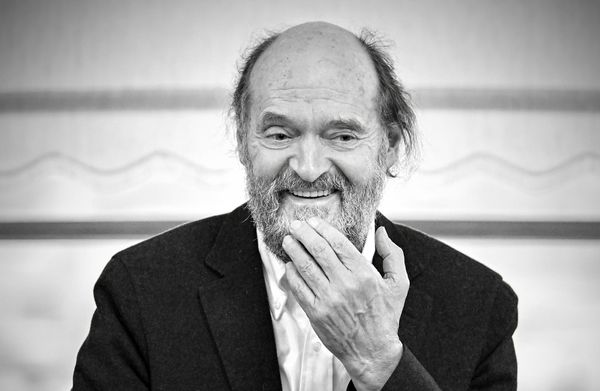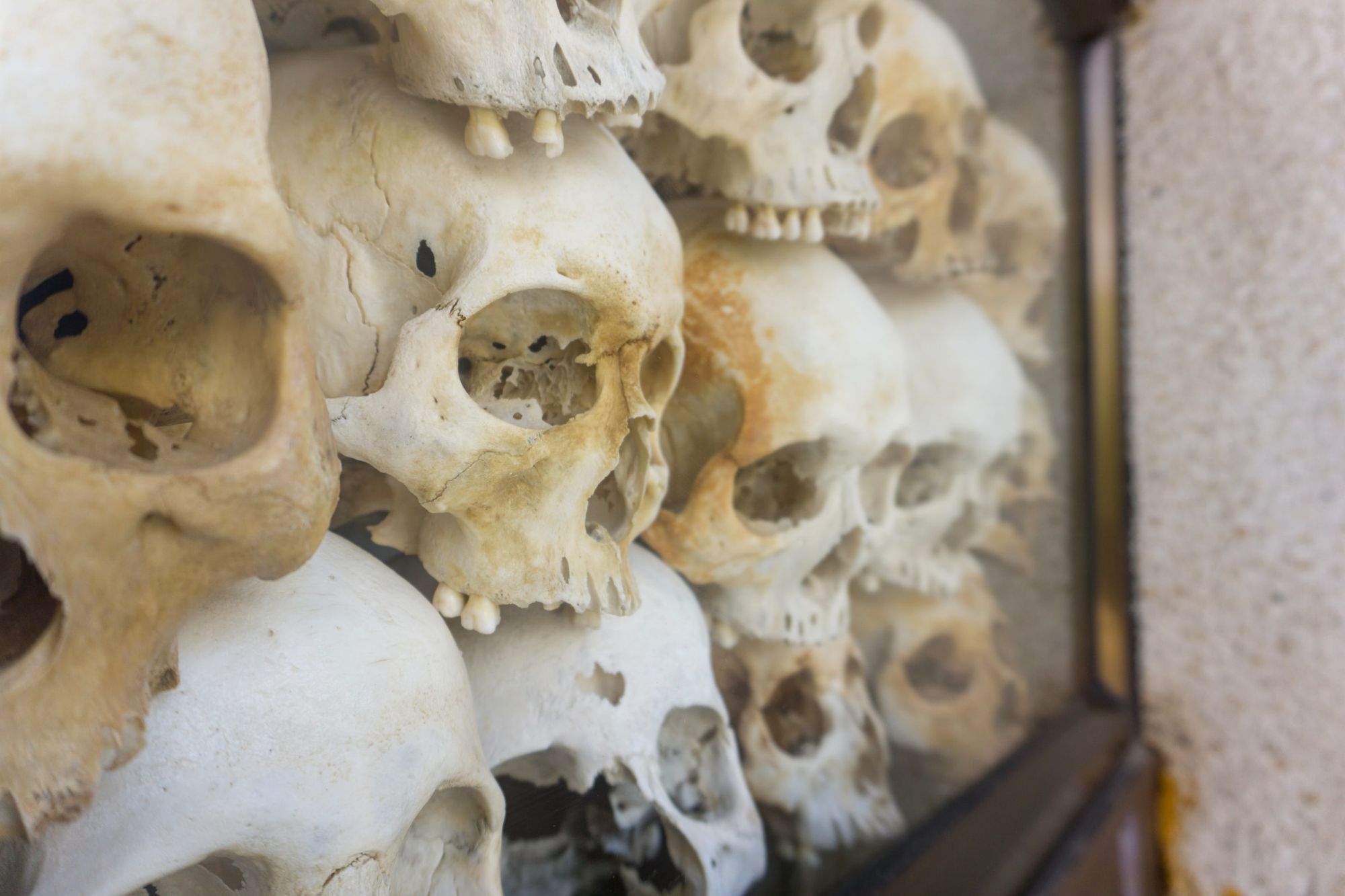You have to be able to really demonstrate genocide and in the war in Ukraine there's a lot of things we don't know—says Norman Naimark, American historian from Stanford University. Interview.
I'll cut straight to the chase: how do you see the war crimes committed in Ukraine? Do Bucha and Izium count as war crimes, including genocide, on the basis of what we know today?
According to the International Criminal Court, there are four kinds of atrocity crimes. There are war crimes. There are crimes against humanity. There's genocide. There's war of aggression. It's quite clear that we're dealing with a war of aggression. The ICC does not have jurisdiction in this particular case and can't try Russia for war of aggression. Ukrainians have said there should be a separate tribune to do it, the ICC won't do it. So that leaves the three other categories. War crimes, crimes against humanity, and genocide. War crimes seem to me are clearly being carried out in Ukraine. In fact, the Ukrainian prosecutor's office has talked about 10,000 or more cases of war crimes. What we saw in Bucha where people were shot down on the street, where people were tortured and where there is evidence of rape, those are all war crimes, right? There are certain circumstances when those crimes can be tried as crimes against humanity too. When they're directed by civilians against civilians or by administrative people against civilians. But if it's part of a military campaign, it's usually considered a war crime. I think you can talk both about war crimes and crimes against humanity in Ukraine. Can you talk about genocide? That's more complicated. It's complicated for a number of different reasons. First of all, genocide has a very high bar in the judicial system. In other words: you have to be able to really demonstrate genocide and in the war in Ukraine there's a lot of things we don't know. For example, the part of genocide is an intent: an intent to destroy all or part of a national, racial, religious, or ethnic group.

Is there an intention to destroy Ukrainians?
It's clear from the ideology that the Russian leadership thinks that Ukrainians are just like Russians or they're just a branch of the Russian people. They don't think they have a distinct national existence or a distinct right to be a state. But the question remains: are they trying to destroy Ukrainians as Ukrainians? Do they want to take away their language? Do they want to take away their individuality? Do they want to take away their ability to function as a different kind of nation? Some people would say yes, some people would say no, but the bottom line is the evidence is not in yet. There's a lot of evidence that needs to be collected. I would remind you that in most cases of genocide, even Second World War with the Germans and the Jews, when it was clear what happened, that process is still going on. That evidence is still being collected and put together. In the case of Milosevic, it took 10-15 years to bring him to justice. In the case of Pol Pot and the Cambodian genocide, the leadership of the Khmer Rouge was only brought to trial as Pol Pot was long dead.
The relationship between Russia and Ukraine is highly charged, with some international organisations even claiming that both sides are committing war crimes. We can say that war is like that, but the question arises: is it possible to fight an ethical war?
I think it's more or less possible. In other words, you're not dealing with the situation where there are no crimes or that would be almost impossible to imagine. In this particular war my view is that the Russians have allowed themselves to commit many more war crimes in Ukraine. The Ukrainians are trying to restrain themselves, but sometimes it doesn't work. It seems that the Russians are not even trying to restrain themselves. The other issue having to do with war crimes is that the indiscriminate bombing of houses, schools, hospitals, train stations. The way the Russians are doing this is an extreme example of war plans and we're talking about a scale. In that scale, I think the Russians are doing way too much of this kind. The Russians claim that Ukrainians who are doing it: if you watch Russian TV, as I do, you see they're constantly showing you scenes of suffering Russians in the darkness—but there is no actual evidence. Coming back to the question: you can't fight a completely ethical war, but can you try to fight an ethical war? The answer is yes and I think the Ukrainians are trying to do it. Same thing goes for the Second World War. Did American troops commit war crimes? I'm sure, they did. Did they quit the war crimes the way the Russians? No way. You know yourself as a Hungarian: what happened in this country at the end of the war? The Red Army liberated places but they raped women, they killed some civilians. It's that kind of differentiation that you have to make.

Why both sides use the term genocide without meaning and without evidence? It is a propaganda tool then, that derogates the meaning of genocide.
The Ukrainians have appealed to the International Criminal Court to have the Russians withdraw that claim of genocide—the claim that Ukraine committed genocide in the Donbas against civilians—because it's illegal. The whole business is propaganda, when you accuse your opponent of what you do. If you are watching Russian television: Dmitri Peskov accuses the Ukrainians exactly of what they're doing.
Norman M. Naimark is an American historian. He is the Robert and Florence McDonnell Professor of Eastern European Studies at Stanford University, and a senior fellow at the Hoover Institution. He writes on modern Eastern European history, genocide, and ethnic cleansing in the region. He has written several books such as Stalin and the Fate of Europe: The Postwar Struggle for Sovereignty; Genocide: A World History or The Russians InGermany: The History Of The Soviet Zone Of Occupation. He was hosted by Mathias Corvinus Collegium, Budapest in October.

Stay organized in style: planners by Hungarian designers | TOP 5

Arvo Pärt is the world’s most performed living composer










